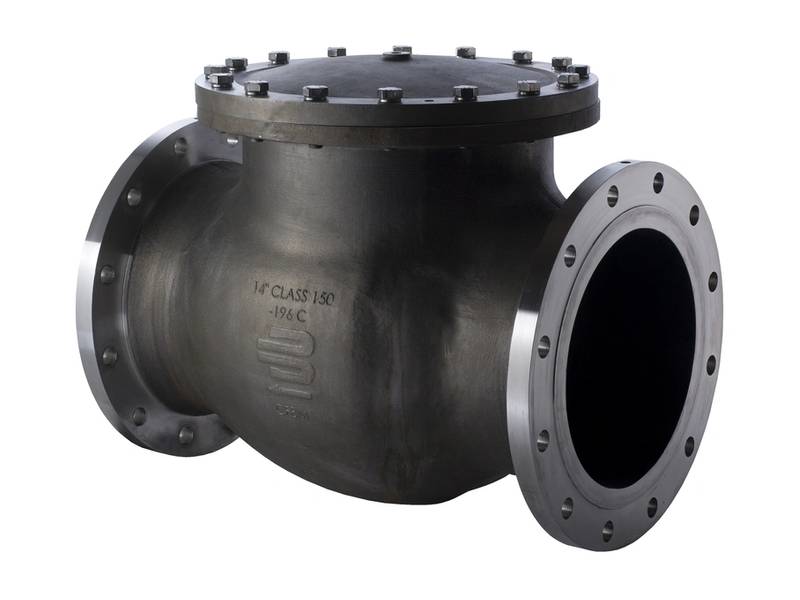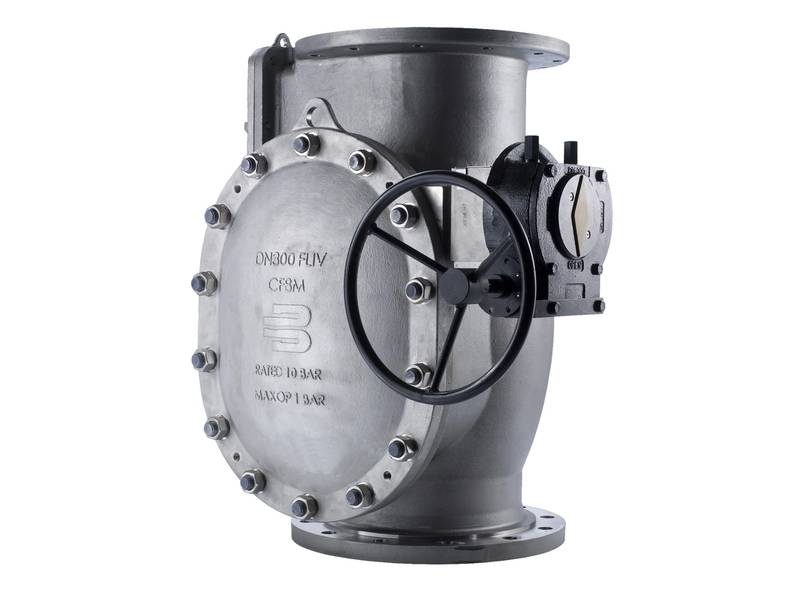Parker to Supply Three Arctic Vessels
Parker Bestobell Marine, a supplier of cryogenic valves and part of Parker, a leader in motion and control technologies, has received a major new order from DSME (Daewoo Shipbuilding & Marine Engineering) in South Korea to supply cryogenic valves for three new vessels.
The company’s valves will be used in the cargo handling systems, including the main discharge line that controls the initial flow of LNG from the cargo tanks when pumping starts. The three vessels are part of the Yamal series of Arc7 ice-class LNG (liquefied natural gas) carriers that will be operated in Arctic winter conditions. Parker Bestobell Marine previously supplied the first vessel in the series with its cryogenic globe and check valves, and that vessel will be the only one owned by Sovcomflot of Russia.
The ‘on-deck’ valves will be subjected to extreme sub-zero temperatures, which is not an issue with Parker’s cryogenic valves that are designed to operate down to -196°C. For added protection, Parker Bestobell Marine will supply covers for the headworks to protect the exposed parts of the valves.
Due to the arctic conditions that the LNG Carriers will operate in, it is not possible to use actuators which operate via hydraulic oil due to viscosity issues. As a result, Parker Bestobell Marine innovated within its valve design to ensure that the valves could operate efficiently using electric actuators. These will be the first LNG carriers to have electric actuators fitted to globe valves.
There are fifteen ships set to be built in this series, by DSME for three different owners: MOL (Japan), Teekay (Canada) and Dynagas (Greece).
The ships are designed specifically for the LNG Yamal project in Russian Siberia. The fifteen Arc7 ice-class gas carriers will operate in Arctic conditions, with temperatures as low as -54°C. They will be required to independently navigate ice more than two meters thick.
Russian gas producer Novatek holds an 80% stake in the Yamal LNG project, with the remaining 20% stake owned by Totally. After 2018, the Yamal LNG project is expected to produce 16.5 million tonnes of liquefied natural gas per year.
Related News



